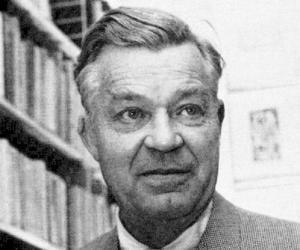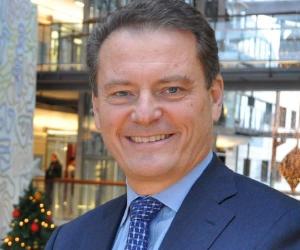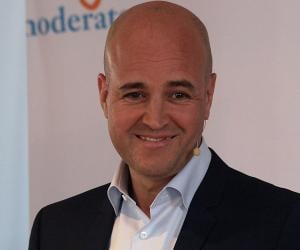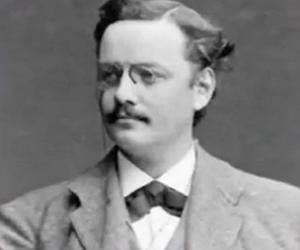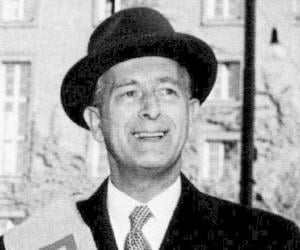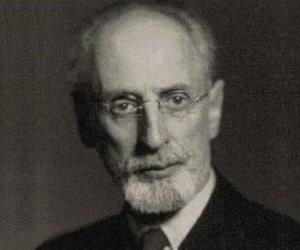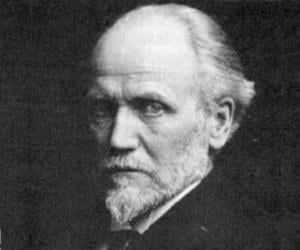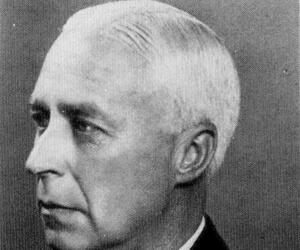1
Gunnar Myrdal
(Swedish economist & sociologist. who received the Nobel Memorial Prize in Economic Sciences.)
Birthdate: December 6, 1898
Sun Sign: Sagittarius
Birthplace: Skattungbyn, Sweden
Died: May 17, 1987
Gunnar Myrdal was a prominent Swedish economist and sociologist known for receiving the Nobel Memorial Prize in Economic Sciences in 1974 alongside Friedrich Hayek. His pioneering work in the theory of money, economic fluctuations, and analysis of the interdependence of economic, social, and institutional phenomena earned him this prestigious recognition. Myrdal's influential study of race relations in the United States, particularly highlighted in his book "An American Dilemma: The Negro Problem and Modern Democracy," played a significant role in shaping the discourse on civil rights and equality. In Sweden, his work and political influence were instrumental in establishing the Folkhemmet and the welfare state.
